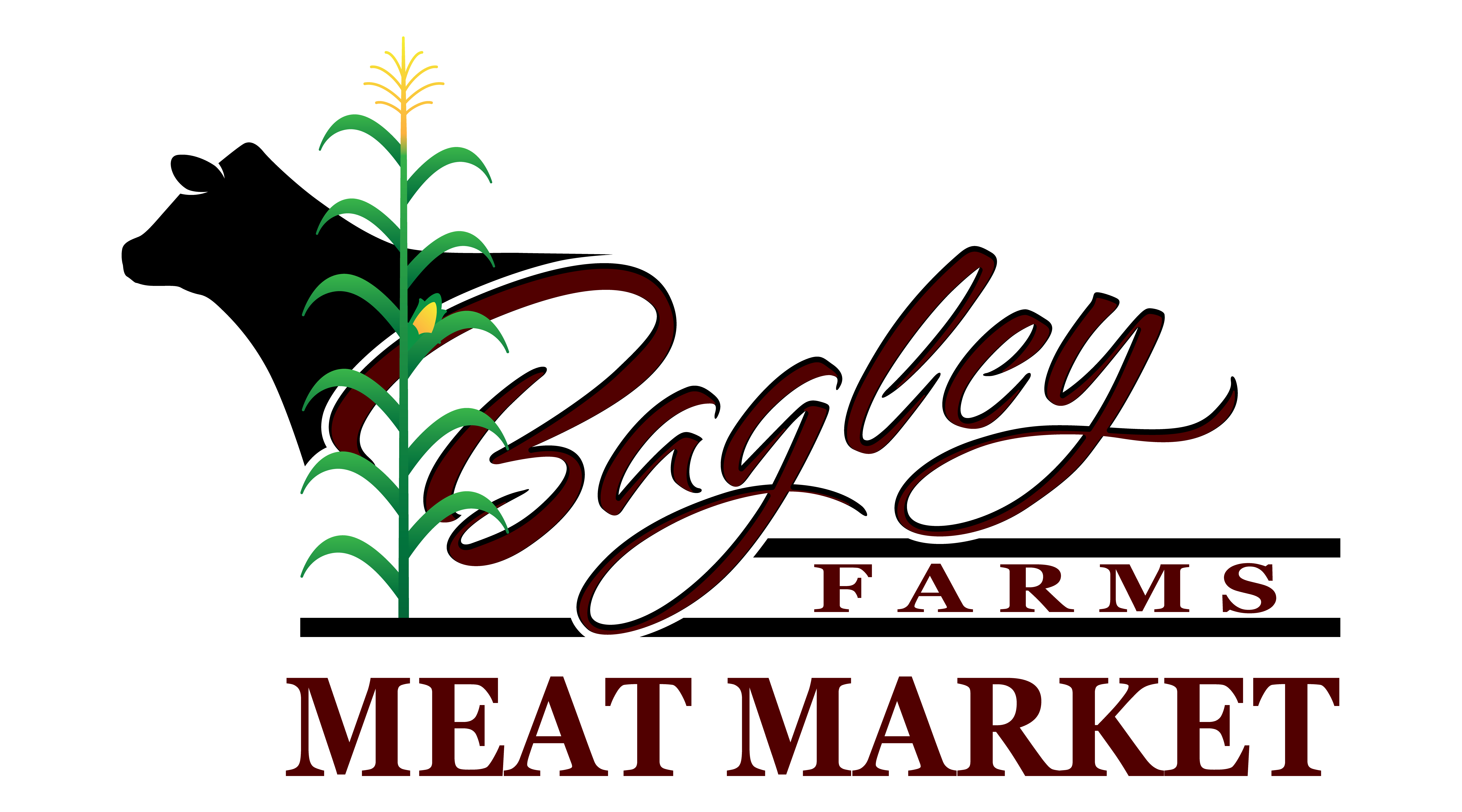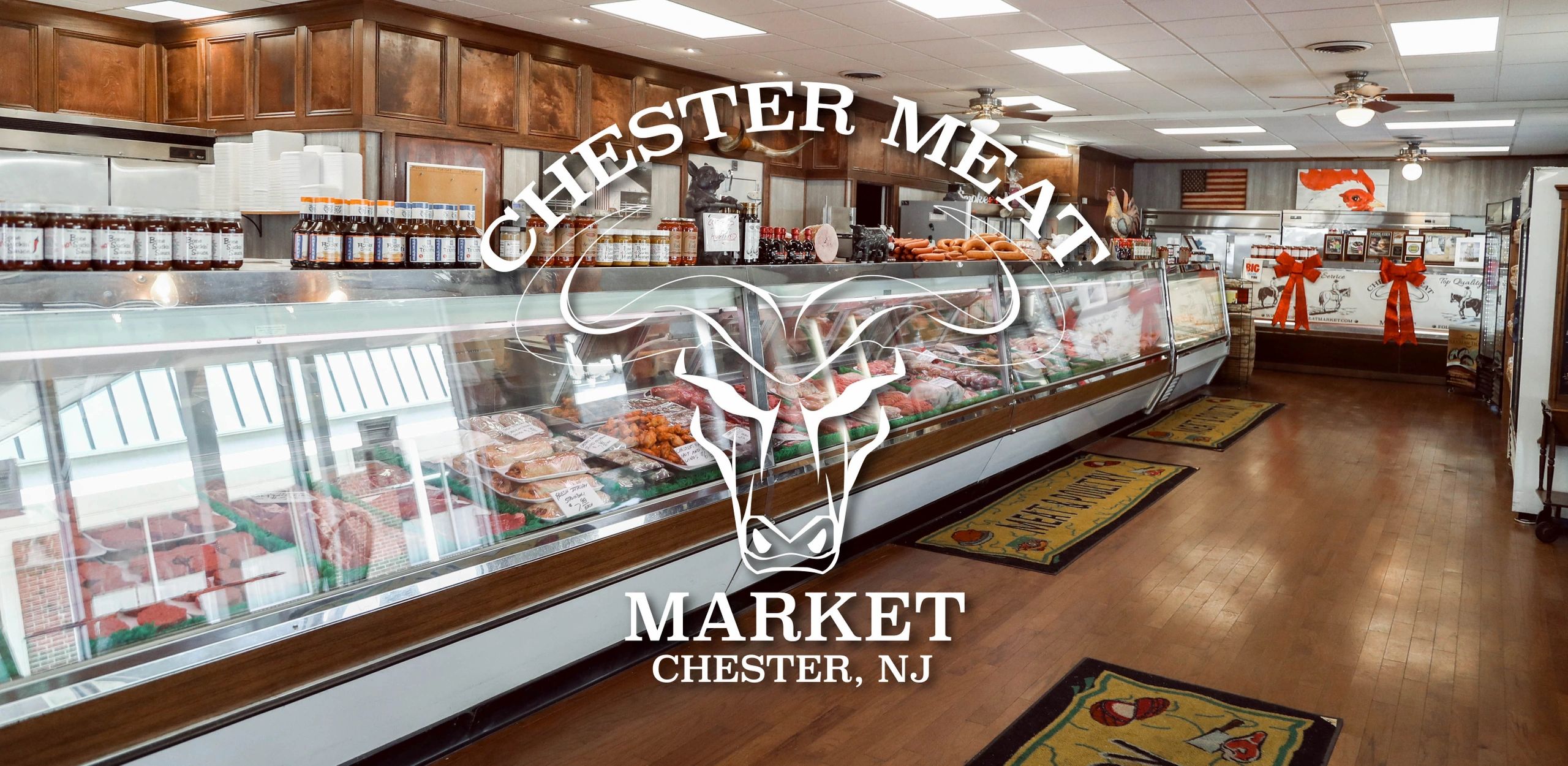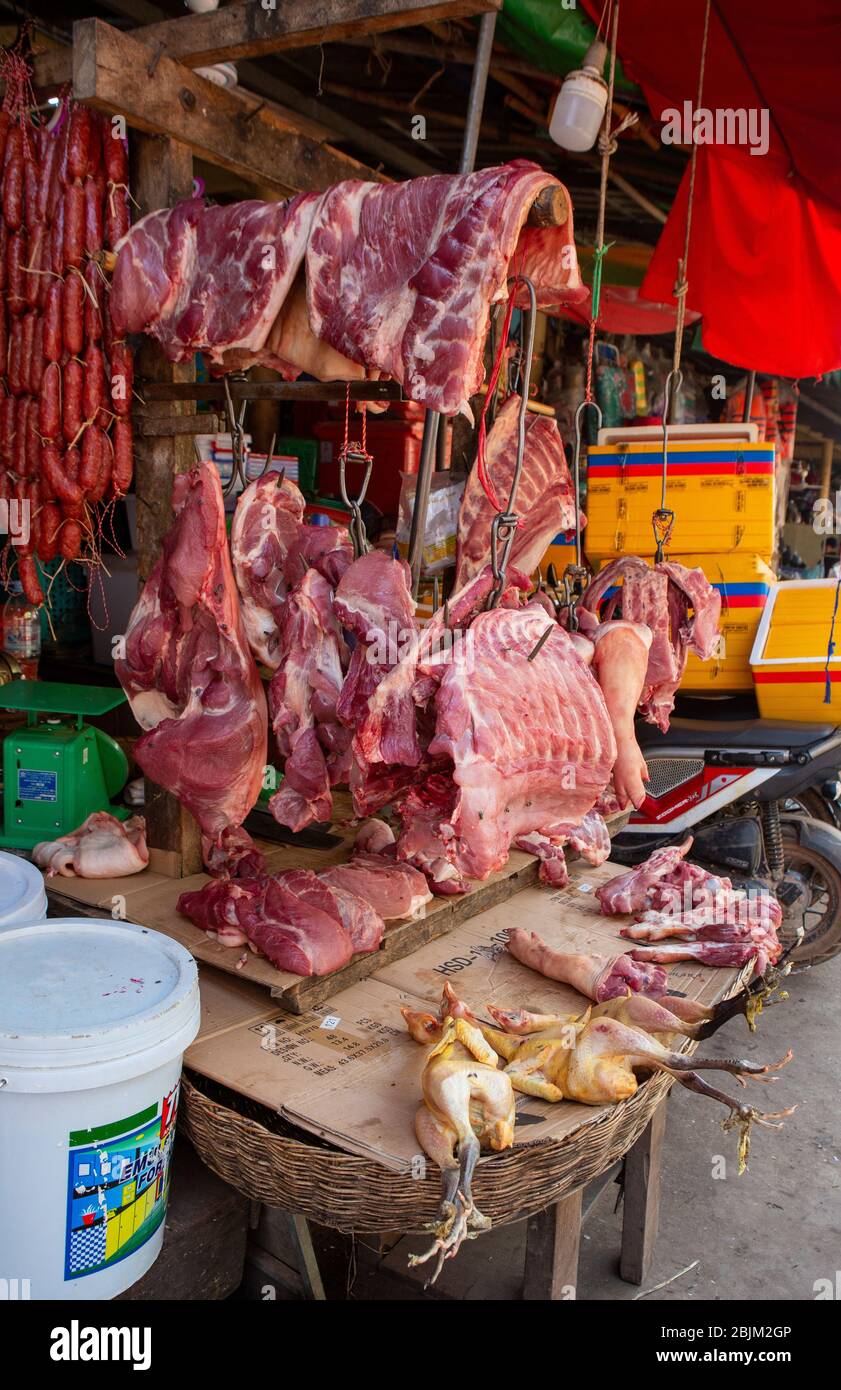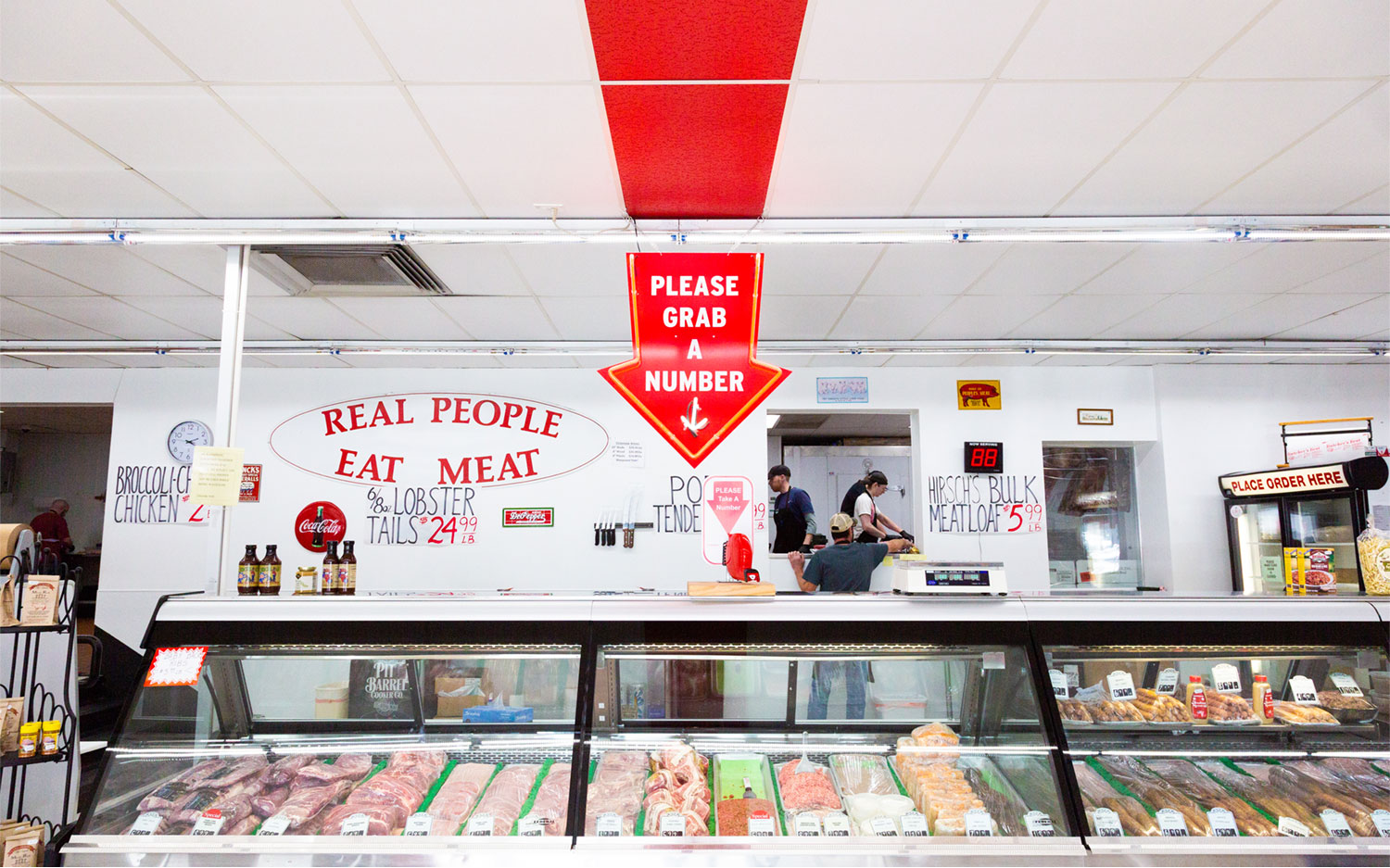Why Picking a Meat Market Over a Supermarket Makes a Distinction in Taste and Quality
The distinction in between purchasing meat from a specific market versus a supermarket frequently depends on the nuanced layers of taste and high quality. Meat markets normally stress quality, sourcing their items from neighborhood ranches, which not just improves flavor but additionally cultivates sustainable methods. Furthermore, the proficiency of competent butchers can give important understandings right into selecting the best cuts for different culinary applications, making certain a much more customized experience. Nevertheless, the implications of these options extend beyond simple taste; they raise essential questions about the broader effect on customer habits and neighborhood economic climates. What else might be at stake?

Quality of Products
Focusing on quality is a substantial benefit of picking a meat market over a grocery store. Meat markets commonly offer products that are sourced locally and refined with a concentrate on keeping optimum quality. Unlike supermarkets, where meat may be stored for extended periods, meat markets typically get daily distributions, ensuring that their supply is constantly renewed with top notch cuts.
Additionally, meat markets usually have an extra effective supply chain, reducing the moment from ranch to table. This rapid turn over not only boosts the flavor and texture of the meat yet likewise provides consumers with guarantee relating to the quality of the products they buy. The competent butchers at meat markets can also supply important understandings into the quality of their offerings, as they are intimately knowledgeable about their suppliers and the problems under which the meat is dealt with.
Furthermore, meat markets typically focus on whole cuts and specialized products that might not be available in grocery stores, allowing customers to check out a variety of alternatives that are fresher and much more savory. This commitment to freshness eventually contributes to a superior cooking experience, making meat markets an appealing selection for discerning customers.
Sourcing and Sustainability
The commitment to high quality at meat markets extends beyond quality to encompass sourcing and sustainability methods. Unlike huge supermarkets, which commonly count on mass-produced items, meat markets focus on local and ethical sourcing. This approach not only supports neighborhood farmers and ranchers but also decreases the carbon footprint related to transferring meat over fars away.

Additionally, meat markets typically provide a variety of cuts and specialized meats that show the seasons and local cooking customs. This commitment to sustainability fosters a link between customers and their food resources, advertising transparency regarding the beginnings of the meat they buy. By picking meat markets, customers can take pleasure in not only boosted flavors yet likewise the complete satisfaction of sustaining lasting and responsible farming methods.
Expert Expertise and Recommendations
While shopping at a meat market, consumers take advantage of the specialist understanding and personalized recommendations provided by experienced butchers. These specialists are usually well-trained and possess comprehensive experience in the meat market, permitting them to provide insights that go far past the essentials located in a grocery store. They can assist clients on choosing the best cuts for particular recipes or celebrations, making sure optimal taste and tenderness.

Furthermore, butchers commonly put in the time to involve with consumers, answering questions and sharing tips that are not readily available in a supermarket setting. This level of customized service fosters a deeper connection between customers and their food, ultimately boosting the total cooking experience. By picking a meat market, customers get to a riches of understanding that can substantially affect their cooking and enjoyment of meat.
Taste Accounts and Range
When checking out the offerings at a meat market, clients are frequently rewarded with a diverse array of taste accounts and cuts that are typically unavailable in grocery stores. Unlike mass-produced meat items, which usually focus on harmony, meat markets curate their choices based on quality and local uniqueness. This leads to a variety of meats that reflect one-of-a-kind preferences, structures, and preparation methods.

Seasonal and locally sourced options even more boost the experience, as these products usually have superior quality and taste. The educated butchers at meat markets can lead customers on the very best cuts for specific meals, making sure that each option straightens with desired flavor profiles and cooking methods. Generally, the selection and top quality located in meat markets not just boost the culinary experience but also encourage exploration and experimentation in home cooking.
Supporting Regional Economic Climates
Selecting a meat market not just boosts cooking experiences via varied taste accounts however likewise plays a substantial function in sustaining neighborhood economic situations (bagley meat market edwardsville il). When customers choose meat markets over bigger grocery store chains, they are a lot more most likely to engage with companies that source their products from neighborhood ranches and manufacturers. This technique promotes a sustainable agricultural environment, urging farmers to preserve standard methods that yield top quality additional resources meats
Moreover, meat markets typically use regional this post staff, which adds to work development and retention within the community. The financial influence prolongs beyond the prompt service; money invested at regional establishments tends to flow within the neighborhood, benefiting numerous industries such as advertising, retail, and transportation. This neighborhood financial investment helps boost the overall financial health and wellness of the location.
Furthermore, meat markets often stress openness and ethical sourcing techniques, which resonate with customers increasingly worried about the beginnings of their food. By choosing to buy these establishments, consumers not just take pleasure in premium items however additionally affirm their commitment to supporting their area's economy. In essence, choosing a meat market is a deliberate option that supports both individual fulfillment and more comprehensive economic vitality.
Final Thought
Choosing a meat market over a grocery store significantly influences preference and top quality. Generally, the advantages of choosing a meat market extend beyond specific choices, influencing wider economic and ecological elements while elevating the art of cooking.
Unlike grocery stores, where meat might be kept for prolonged periods, meat markets typically receive day-to-day distributions, making certain that their stock is regularly replenished with top quality cuts.
The competent butchers at meat markets can also provide valuable understandings into the freshness of their offerings, as they are intimately acquainted with their distributors and the conditions under which the meat is handled.
Moreover, meat markets usually supply a range of cuts and specialty meats that reflect the periods and regional culinary practices. By picking a meat market, customers gain accessibility to a riches of knowledge that can More about the author significantly impact their food preparation and pleasure of meat.
Unlike mass-produced meat items, which commonly prioritize harmony, meat markets curate their choices based on top quality and regional uniqueness.